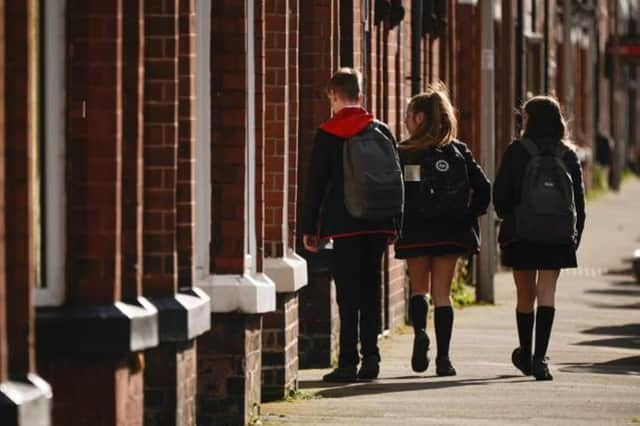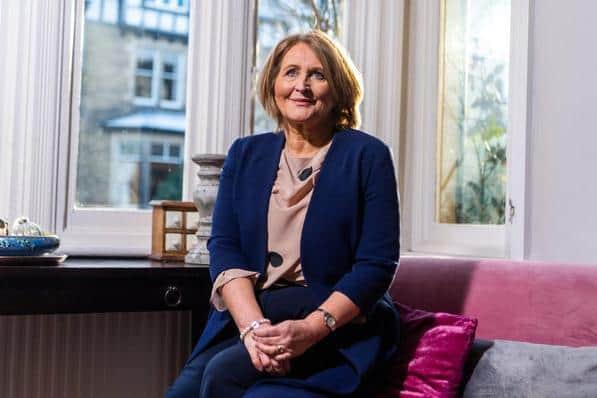Largest provider of homes for vulnerable children records 'outrageous' profit


CareTech Group, which provides care to around 2,000 children, announced its pre-tax profit increased by 14.6 per cent to £68.3m.
It also paid out £17.3m in dividends to shareholders last year and handed executive directors almost £1m in bonuses, while chief executive Haroon Sheikh was granted a £12,000-a-month “relocation allowance” for his move to the United Arab Emirates.
Advertisement
Hide AdAdvertisement
Hide AdThe company also provides care for around 2,000 adults, runs a foster care service and provides digital technology. According to its annual report, a “very small part” of its revenue comes from private payments as “UK publicly funded bodies will typically provide funding”.


Ms Longfield, who is from Otley, said: “What we've seen over the last couple of years, is more vulnerable children with more complex needs. It's outrageous that some companies have been able to exploit that situation and make greater profits as a result.
“We should remember that this is taxpayers’ money spent on providing care for the most vulnerable children. That precious money which needs spending very carefully, not lining the pockets of a few individuals and companies who seek to exploit the situation as a result.
“We've got a system with huge demand, which vastly outstrips supply. That means it's a provider's market - they can ultimately charge what they want and still be sure that those places are filled.”
Advertisement
Hide AdAdvertisement
Hide AdThe number of children in care in England reached 80,850 last year - a record high.
But according to a recent report published by the Commission on Young Lives, which Ms Longfield chairs, around 80 per cent of care homes are privately run and they charge an average of £4,000 a week to provide a child with residential care.
There is a “chronic shortage” of appropriate care places for teenagers at children’s homes and younger children with less complex needs are often prioritised, the report added.
CareTech, which became the country’s largest provider of children’s homes after it bought Cambian Group Plc in 2019, now runs 232 Ofsted-registered services.
Advertisement
Hide AdAdvertisement
Hide AdAround 20 per cent of them have either been rated as ‘requires improvement’ or ‘inadequate’.
A CareTech spokesman said: “CareTech for the last 26 years have operated high quality adult social care services, these do now also include children's services, digital assistive technology services and services in the Middle East.
“Our children’s services are only a part of our company and our annual accounts.
“As an experienced independent care provider, we play an essential role in the UK social care system, working alongside publicly provided services to provide the best outcomes for adults, children and young people, to the highest quality and the best value for the public.”
Advertisement
Hide AdAdvertisement
Hide AdMs Longfield now is calling on the Government to provide funding for more council-run care homes, to meet growing demand for places and ensure all profits are reinvested to support children.
She said: “There’s a need for the Government to step in and provide support so more councils and charities can work together to provide small local children’s homes, which offer places at a reasonable price and also provide the kind of therapeutic support that children and their families need.”
The Government has provided £259m to increase capacity at children’s homes and the ongoing Independent Care Review of the children’s social care system will “provide important information to help address major challenges”.
